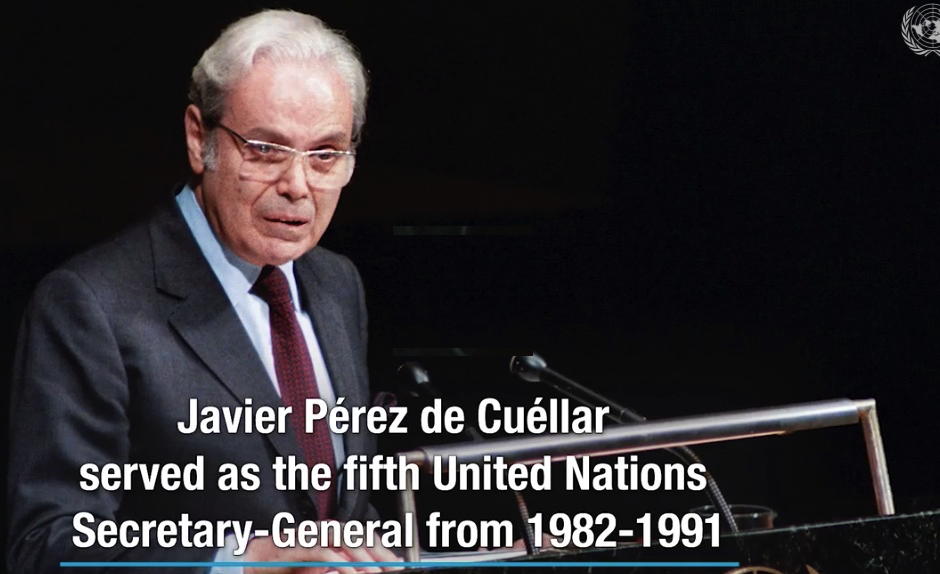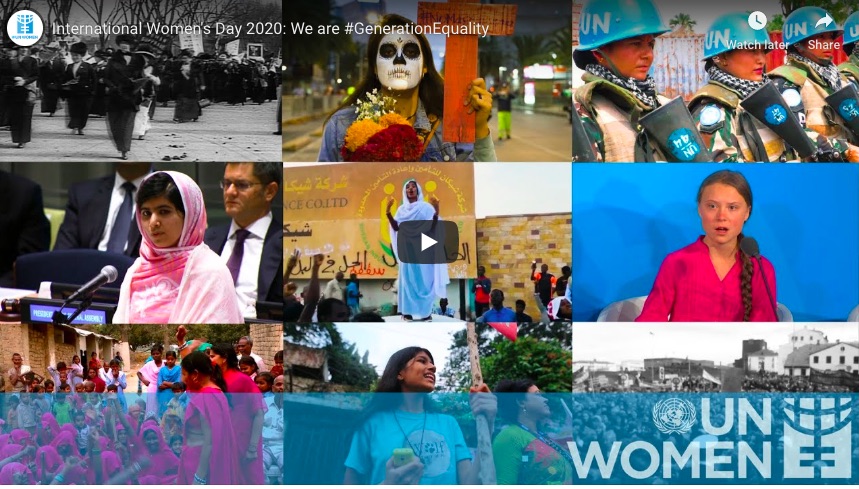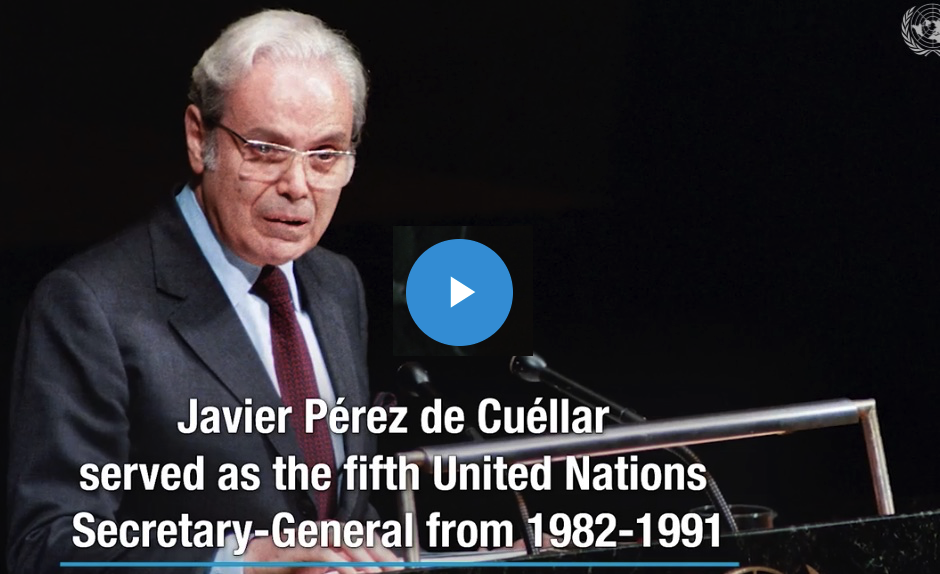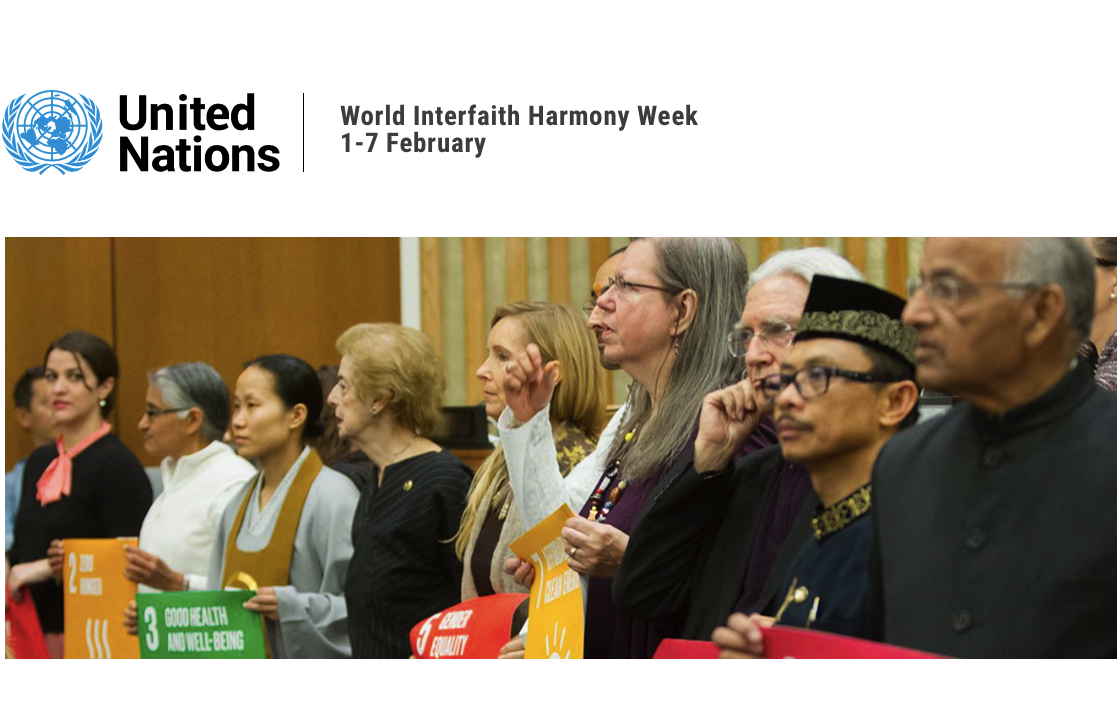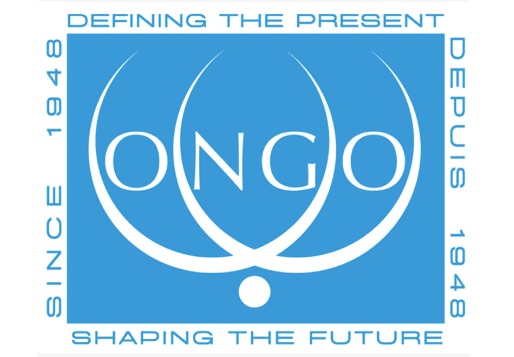TOLERANCE & SOLIDARITY .
A survey from The United Nations
The UN is marking its 75th anniversary at a time of great disruption for the world, compounded by an unprecedented global health crisis with severe economic and social impacts. Will we emerge stronger and better equipped to work together? Or will distrust and isolation grow further? 2020 must be a year of dialogue, when we come together to discuss our priorities as a human family, and how we can build a better future for all.
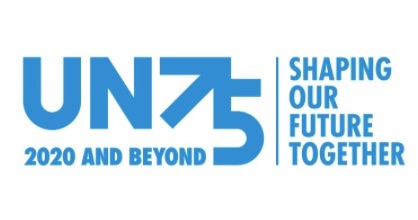
Covid-19 is a stark reminder of the need for cooperation across borders, sectors and generations. Our response will determine how fast the world recovers, whether we achieve the Sustainable Development Goals, and how well we handle pressing challenges: from the climate crisis to pandemics, inequalities, new forms of violence, and rapid changes in technology and in our population.
But just when we need collective action more than ever, support for global cooperation has been flagging. In many countries, public trust in traditional institutions is in decline and relations between countries have been under strain. Will this pandemic bring the world closer together? Or will it lead to greater mistrust? Global dialogue – and action – is now more urgent than ever.
What is UN75 doing?
In January 2020, we launched our global dialogue initiative, and discussions have taken place in all settings, from classrooms to boardrooms, across the world. In order to reach as many people as possible, we have built partnerships with youth, civil society, business and media organisations, and created a one-minute survey that is quick and easy to complete.
We have always placed strong emphasis on online engagement, through virtual dialogues and social media, and are now increasing these efforts in light of Covid-19. We are also working with our partners to take planned events into the digital space, and find innovative ways to engage audiences in line with WHO guidelines and local health regulations.
Why join?
It is vital that your voice is heard at this crucial time for the world. Your views, concerns and ideas will be presented to world leaders and senior UN officials at the official commemoration of the 75th Anniversary by the UN General Assembly in September 2020. After September, groups around the world will discuss how best to take forward the priorities and proposals generated.
Each conversation is an opportunity to encourage individuals to take actions in their own lives in line with what they have heard and learned. They can yield insights and evidence that national and international organisations can apply. Findings may inspire new programmes, investments, partnerships and campaigns, among other options. A global platform to illustrate key outcomes of discussions is being developed by the UN75 team.
(continued in right column)
(click here for the version in French or click here for the version in Spanish.)
How can we work together to overcome this medical and economic crisis?
(continued from left column).
How can I take part?
Take our one-minute survey and share it widely: www.un75.online
Check out the UN75 toolkit with guidelines on how to join, and inspire conversations and amplify voices through channels and communities for people to talk and be heard. We will be adding more information on online dialogues in the coming days
Follow @JoinUN75 and #UN75 on social media (Twitter, Facebook, Instagram) and add your voice to the testimonials from people who have already taken part
One-minute survey
Overall, do you think that people in 2045 will be better off, worse off, the same as you are today?
Better
The same
Worse
If you picture the world you want in 25 years, what three things would you most want to see? (Select up to THREE)
More employment opportunities
More respect for human rights
Better access to education
Greater equality within countries
Greater equality between countries
Greater equality between men and women
More sustainable consumption and production
More environmental protection
Less conflict
Better access to healthcare
Better management of international migration
Other, please specify
Which of these global trends do you think will most affect our future (Select up to THREE)
Risks arising from new technologies (data privacy, impacts on jobs)
Climate change and environmental issues (e.g. pollution, deforestation)
Forced migration and displacement (e.g. people fleeing conflict or disasters)
Nuclear weapons and other weapons of mass destruction
Armed conflict and politically motivated violence
Rapid changes in our populations (e.g. more people living in cities, ageing populations)
Risk of terrorism
Cyber warfare and new forms of weapons (e.g. artificial intelligence weapons)
Breakdown in relations between countries
Risks related to health (e.g. pandemics, greater resistance to antibiotics)
Organised crime (e.g. trafficking)
Other, please specify
How important – or not – is it for countries to work together to manage the above trends?
Essential
Very important
Fairly important
Not very important
Not important at all
What would you advise the UN Secretary-General to do to address these global trends?
(140 characters) – OPTIONAL

